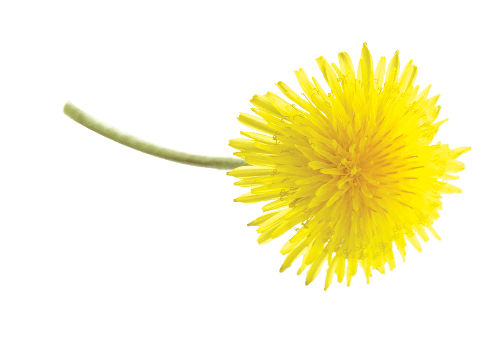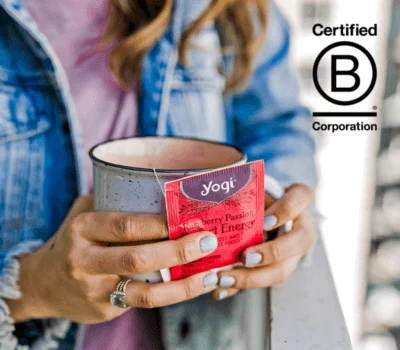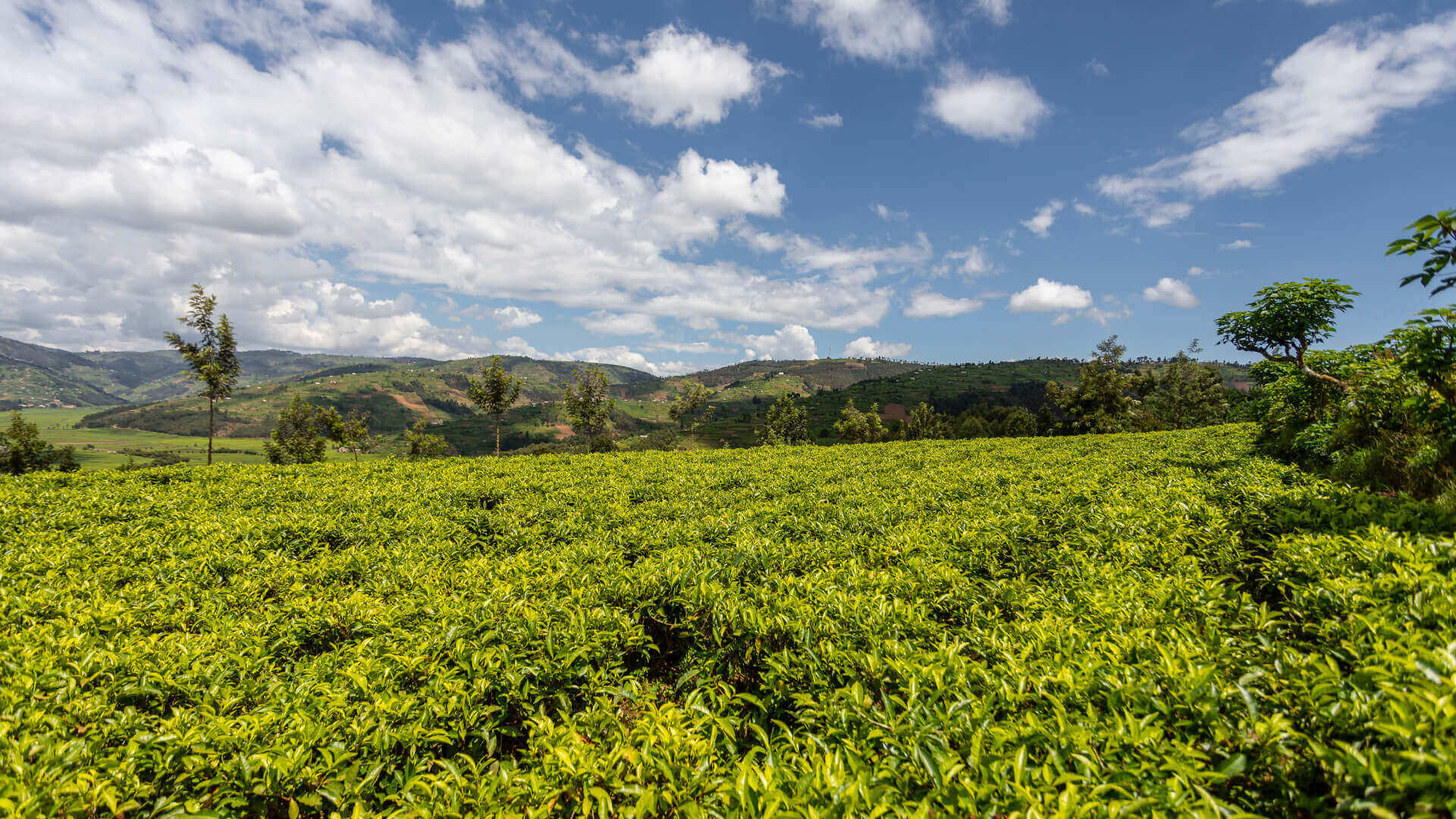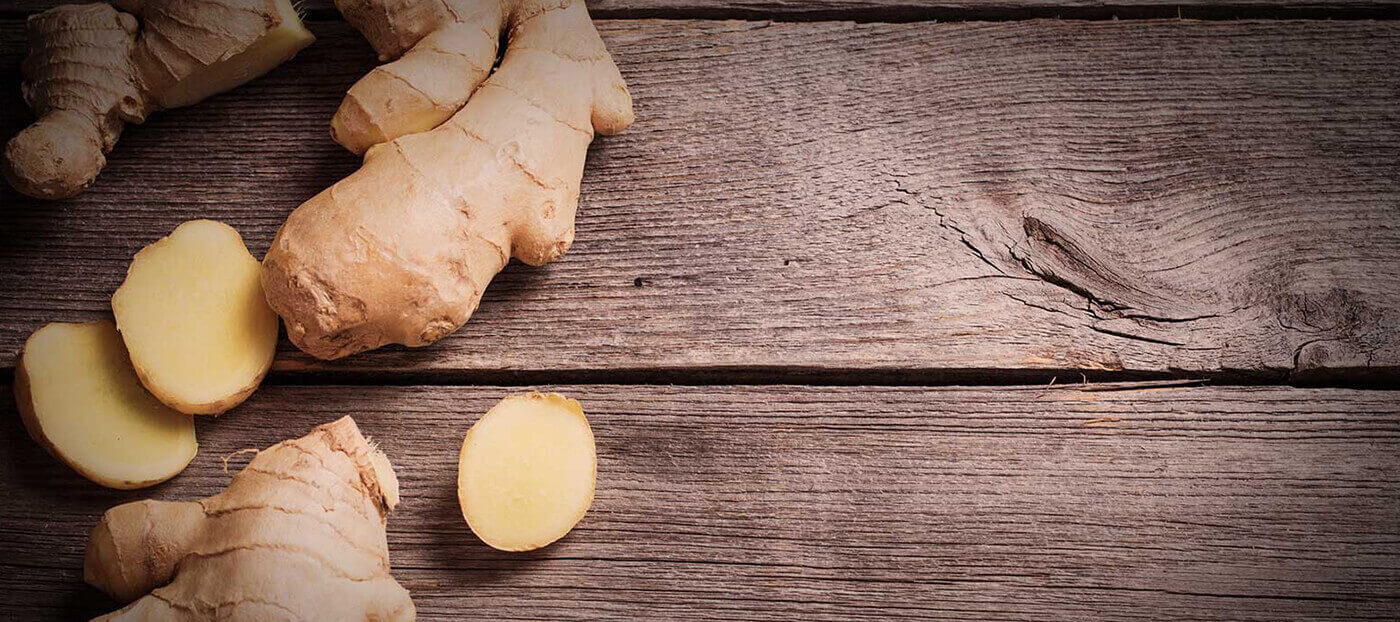Get to Know Dandelion

Dandelions, those little yellow flowers growing on your lawn, may appear to be a pesky yard weed, but in fact, they are treasured in three of the world’s largest and oldest systems of herbalism for their healthy cleansing properties: European, Traditional Chinese Medicine and Ayurveda (the ancient holistic healing system of India).
Chock full of vitamins A, B, C and D, as well as minerals such as iron, potassium and zinc, the root and the leaves of the dandelion plant have been used in food and as a healing herb for much of recorded history. Dandelion root was also used to make the traditional British soft drink dandelion and burdock, and is one of the ingredients used to make root beer. Today, the plant is cultivated for food, beverage and medicine throughout Eurasia and North America.
Dandelions are thought to have evolved about thirty million years ago in Eurasia and there are now around 30 species of dandelion that can be found all over the world. The roots of the dandelion plant can extend as far as 15 feet into the ground, though they are more commonly 6 to 18 inches deep. Capped by bright yellow flowers that open in the morning with the sun and close in the evening or in dark weather, dandelions are edible in their entirety.
Most often used in combination with other ingredients or to make dandelion wine, the dandelion flower petals are edible but seldom eaten in comparison to the leaves and root from this hardy plant. The leaves act as a diuretic, and as such are supportive to the kidneys as well as to the digestive system. The root is the most commonly used part of the dandelion plant, and is used by herbalists as a healthy cleansing herb that is supportive to the liver. According to the American Herbal Products Association’s Botanical Safety Handbook (an authoritative text referenced by the FDA), dandelion is considered to be safe to consume when used appropriately, and an herb for which no clinically relevant interactions are expected.





